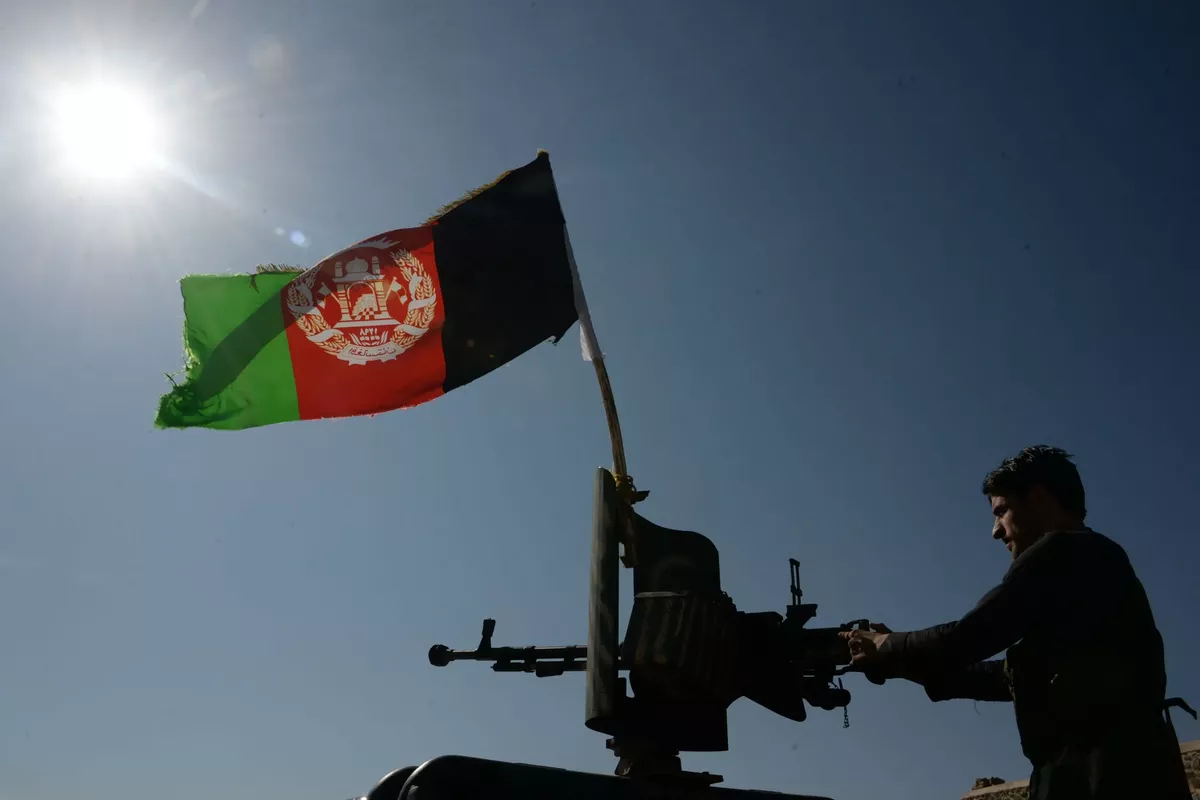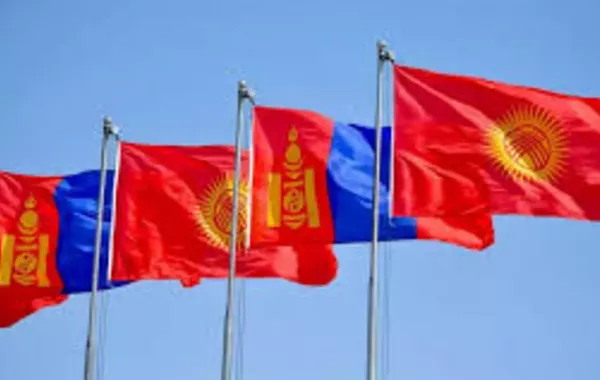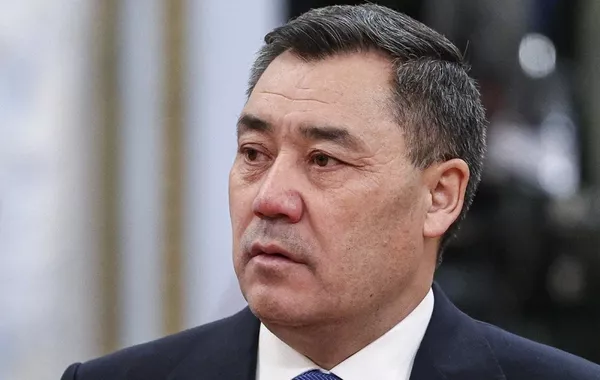
Getty images
In July, Russia became the first country to officially recognize the Taliban's government in Afghanistan. Following suit, Kazakhstan recognized a Taliban diplomat as the Chargé d'Affaires at the Afghan Embassy in Astana just a month later. Even Tajikistan, which had previously been a vocal critic of the Taliban, is now looking to strengthen its diplomatic ties with Afghanistan's new regime.
Each move demonstrates a shift in geopolitical calculus - Russian and Central Asian governments are acknowledging neighbourhood realities. As Kazakhstan’s President Kassym-Jomart Tokayev put it: “this regime is a long-term factor … and we must work with it”, The Caspian Post reports citing foreign media.Even before the public recognition of the Taliban’s government, Moscow was among the few countries that did not close its embassy after the US withdrawal in 2021 and the collapse of the Afghan republic. Russia was also the first country to sign an economic deal with the Taliban to provide Kabul with wheat, oil and gas. Earlier this year, Russia also removed the Taliban from its list of banned terrorist groups, even though the group still features under sanctions imposed by United Nations Security Council, where Russia holds a permanent seat.
Kazakhstan’s choice to engage with the Taliban has seen Deputy Prime Minister and Foreign Minister Murat Nurtleu fly to Afghanistan, announcing an aim to lift bilateral trade to $3 billion, a six-fold increase. Kazakhstan has also delisted the Taliban as a terrorist group.
Tajikistan’s approach is perhaps the most marked change, with Dushanbe’s critical stance on the Taliban stretching back to the creation of the group in the 1990s. At the time, Tajikistan faced conflict between regime loyalists and opposition groups, fearing the Taliban would destabilise the country. After the US withdrawal in 2021, Dushanbe first bolstered troops along its border with Afghanistan, concerned about infiltration. However, in 2023, Tajikistan’s government allowed cross-border markets to reopen. A high-level Taliban delegation visited Dushanbe in 2024 with a senior Tajik national security official undertaking a return trip.
While trade is one motivation for this shift in approach by Russian and Central Asian countries, the ongoing risk from drug trafficking is a significant factor. UN data shows that drug production - mainly opium cultivation - sharply decreased following a drug ban imposed by the Taliban government in April 2022. But the restriction imposed an economic and social challenge because many Afghan farmers had relied on poppy crops to attend to basic needs. So, it is possible that the economic deals with Russia and the rapprochement with Kazakhstan and Tajikistan could be seen as an opportunity to supply those needs and further reduce the economic shock from cutting down opium cultivation.
Terrorism is also a persistent challenge for the region. Russia, Kazakhstan, and Tajikistan fear that an unstable Afghanistan could pose a risk to their internal security. Russia and Kazakhstan are concerned at the potential radicalisation of large Muslim populations, with Russia in particular scarred by the recent trauma of the Crocus City Hall terrorist attack, in which an Islamic State in Khorasan Province (ISK) terrorist cell killed 145 people and injured more than 500.
The regional calculus appears to be that a stable and drug-free Afghanistan - even under an extremely conservative Taliban rule - is beneficial to neighbourhood stability. More so than a Western-backed Afghan government that for two decades failed to curtail the dangers emanating to the region.
Share on social media

